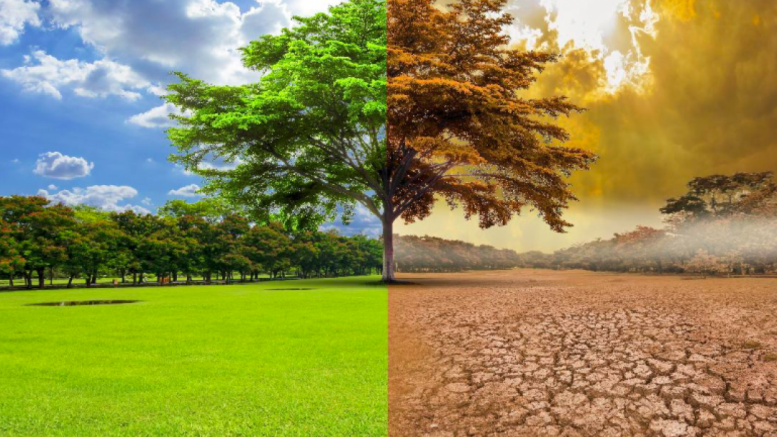The United Nations Climate Change Conference will be underway in about five days (31 Oct, 2021 – 12 Nov, 2021). India is now at the most vulnerable and precarious position with its farmers facing the heat of climate change and its consequences.
While India makes way to COP26 and puts out ambitious NDCs (nationally determined contributions), it is important to take note of the actions it takes within the country.
Currently, there are proposals to amend the Forest Conservation Act of 1980 and it is bad news. The forest conversation law was put in place to reduce deforestation. Basically the law is a set of rules that allows the central government to make a decision on whether deforestation should be allowed.
The forest is a source of livelihoods for many communities that dwell in forests and these proposed changes are not discussed with the communities that it will impact the most. The ministry has never had an inclusive approach of decision making and for one, the proposed changes to the identification of forest and non-forest area being taken without the consultation of these communities is disastrous. Currently environmental laws are being deregulated not to safe-guard the environment but to restructure the law in such a way that anti-environmental decisions by the ministry do not come under scrutiny.
While these changes are happening in the backyard, let us look at how high ambient temperatures, unpredictable rains, changing patterns of the monsoon and cycles of droughts and cyclones are ruining the lives of Indian farmers. This pattern is expected to only get a lot worse, making our farmers more and more vulnerable than each year. The green revolution began with an intent of making India self-sufficient but we have reached a certain threshold in this ‘revolution’ and today we are at a point of no-return. A study says that farmers are using 3 times more fertilizer than in the 70s and still getting pretty much the same output and even lesser. All of those excess fertilizers are polluting the air we breathe, the land we live on, the food we eat and the water we drink. I am wary of now using words like air pollution and water pollution, which is now good for kindergarten books. It is important to know that all these actions have a direct impact on our life and everything that we consume.
The green revolution has assured that India as a country is going to be largely fed but are we getting enough nutrients? About 20% of adults in India are underweight and our children – over 35% and 60% of the children under the age of five are stunted and anemic.
Can we switch to sustainability in agriculture that will not only help improve farm outcomes, but have better nutritional results and it could be the most rational way forward in a climate changing world. We are the cusp of a food and agricultural crisis that is made worse by the impacts of climate change. Is sustainable agriculture even possible? And what does sustainable agriculture even mean. It includes 16 different practices like organic and natural farming, integrated farming systems, precision farming etc. This is the most radical alternative to input-intensive traditional farming practices. But is it possible? Sikkim has shown the way and is now a 100% organic state and Andhra Pradesh aims at 100% natural farming by the year 2027.
Climate change is real, here and now. The ongoing rains and floods in Kerala is the most recent proof that we have.
Changes are needed at a policy level to be able to shift perspectives and remain relevant in a climate changing world. But what are we doing to our policies and acts? Please read up again on the Forest Conservation Act in the beginning of this article. More on sustainable agricultural practices in the coming week.
The views and opinions published here belong to the author and do not necessarily reflect the views and opinions of the publisher.



Be the first to comment on "A perspective shift in policy making is needed in the climate changing world"